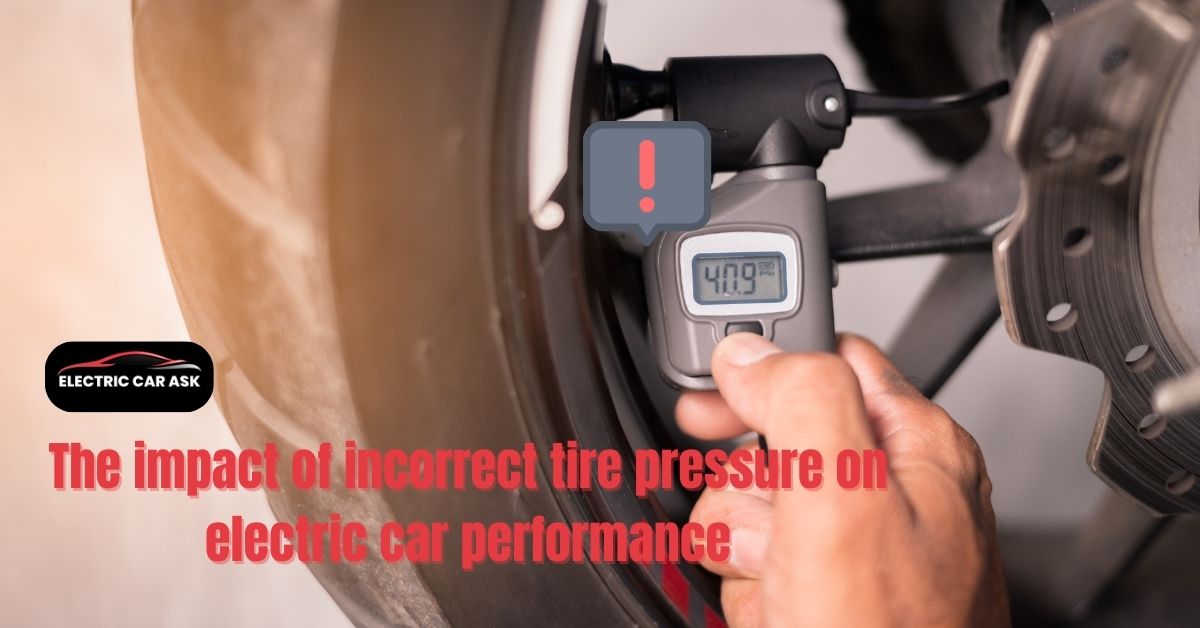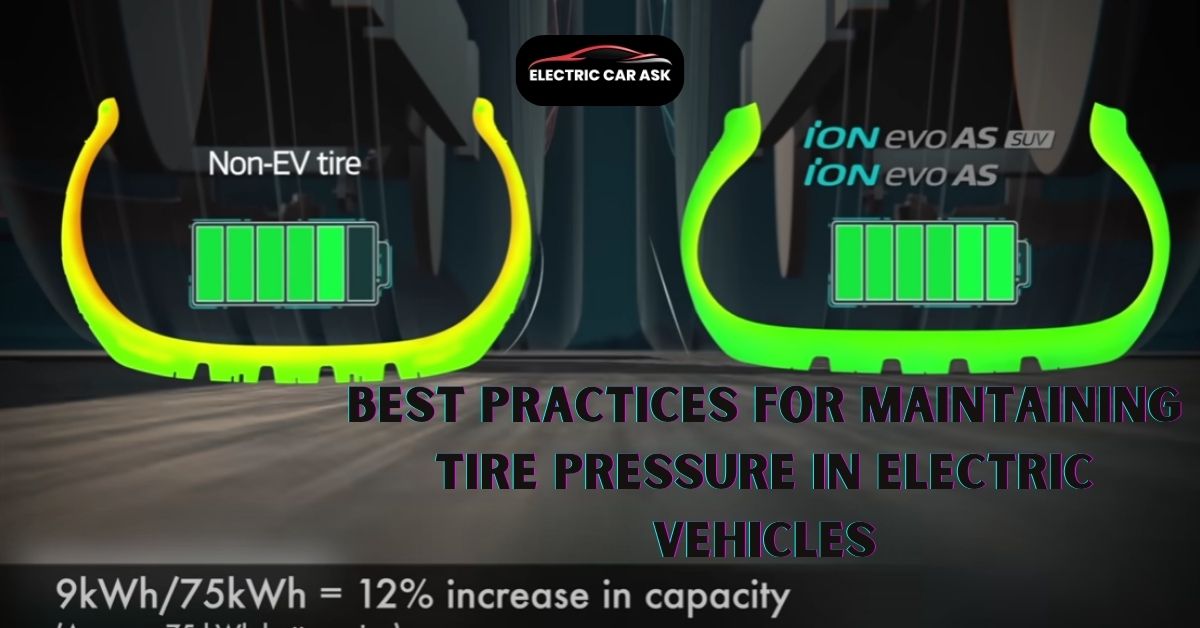How Much Does an Electric Car Battery Weight? The weight of an electric car battery is a topic of interest for many individuals exploring the world of electric vehicles. Understanding how much an electric car battery weighs is crucial as it has a significant impact on various aspects of the vehicle’s performance and functionality. In this article, we will dive deep into the factors that influence the weight of electric car batteries, compare them with traditional internal combustion engine cars, and shed light on the advancements in battery technology. Let’s uncover the mystery behind the weight of electric car batteries.
Understanding Electric Car Batteries
Electric car batteries serve as the power source for electric vehicles, converting stored electrical energy into the power needed to propel the vehicle. Unlike conventional cars that rely on fuel combustion, electric cars utilize the electricity stored in their batteries to generate motion.
Factors Affecting the Weight of Electric Car Batteries
Battery Chemistry
The choice of battery chemistry has a significant impact on the weight of electric car batteries. Lithium-ion batteries, known for their high energy density, are the most commonly used battery type in electric vehicles.
Battery Capacity
The overall capacity of the battery pack, measured in kilowatt-hours (kWh), directly influences its weight. Higher-capacity batteries, which offer longer driving ranges, tend to be heavier.
Battery Size
The physical size of the battery pack affects its weight. Larger battery packs, designed to accommodate more cells and increase capacity, naturally weigh more.
Battery Type
Different battery types, such as lithium-ion, nickel-metal hydride (NiMH), or solid-state batteries, have varying weights. Each battery type has its own characteristics, with some being lighter or more compact than others.
Material Composition
The materials used in the battery cells, including electrodes, separators, and electrolytes, contribute to the overall weight. Advancements in battery technology aim to optimize the material composition to reduce weight while maintaining performance.

Read Related Blog Also:
- How is an Electric Car Battery Made?
- What Happens When an Electric Car Battery Dies?
- What Happens When Your Electric Car Battery Dies?
- What Happens to an Electric Car Battery When It Dies?
- How Much Does it Cost to Replace an Electric Car Battery in the UK?
Technological Advancements
Ongoing research and technological advancements are focused on reducing the weight of electric car batteries. Scientists and engineers are constantly exploring innovative materials and electrode designs that can increase energy density while minimizing weight. Furthermore, improvements in manufacturing processes aim to enhance efficiency and decrease the weight of individual battery components.
Environmental Impact: How Much Does an Electric Car Battery Weight?
While electric cars offer significant environmental benefits, it is important to consider the environmental impact of electric car battery production and disposal. Battery manufacturing involves raw material extraction, energy-intensive processes, and potential environmental consequences. Proper recycling and responsible end-of-life management are crucial to minimize the environmental footprint of electric car batteries.
Weight Comparison: Electric vs. Internal Combustion Engine Cars
When comparing the weight of electric car batteries to that of batteries in internal combustion engine (ICE) cars, there is a notable difference. Electric car batteries generally weigh more due to their higher capacity and energy density requirements. However, it is important to note that electric cars have better weight distribution thanks to their lower-placed battery packs. This positioning provides a lower center of gravity, which can enhance stability and handling.
Challenges and Innovations : How Much Does an Electric Car Battery Weight?
Reducing the weight of battery packs remains a significant challenge in the electric car industry. Heavy battery packs can impact overall vehicle efficiency and limit driving range. However, researchers and developers are actively addressing these challenges. Innovations in battery technology, including advancements in materials, chemistry, and manufacturing techniques, aim to reduce battery weight without compromising performance.
Future Prospects
The future of electric car batteries holds great promise. As technology continues to advance, we can expect further improvements in battery energy density, leading to lighter and more efficient battery packs. Ongoing research is also focused on developing alternative battery technologies, such as solid-state batteries, which have the potential to revolutionize the industry by offering lighter, safer, and higher-capacity solutions.
Conclusion
In conclusion, the weight of an electric car battery is influenced by factors such as battery chemistry, capacity, size, type, and material composition. Electric car batteries generally weigh more than those in internal combustion engine cars due to their higher capacity and energy density requirements. However, advancements in battery technology are continuously striving to reduce weight while enhancing performance and driving range. As the electric vehicle industry progresses, lighter and more efficient batteries will contribute to the widespread adoption of electric vehicles.
FAQs
How much does an electric car battery weigh compared to a traditional car battery?
Electric car batteries tend to be heavier than traditional car batteries due to their higher capacity and energy density requirements.
Are advancements in battery technology contributing to weight reduction in electric car batteries?
Yes, ongoing advancements in battery design and manufacturing are aimed at reducing battery weight while maintaining or increasing energy density.
Is there any environmental impact associated with the production of electric car batteries?
Yes, battery production involves raw material extraction, energy-intensive processes, and potential environmental consequences. Proper recycling and disposal methods are crucial to minimize the environmental impact.
How does the weight of an electric car battery affect the driving range of the vehicle?
Heavier battery packs can potentially reduce the driving range of electric cars. However, advancements are being made to improve overall efficiency.
What can we expect in the future of electric car batteries?
The future looks promising, with ongoing research focused on improving energy density, reducing weight, and developing alternative battery technologies to enhance the performance of electric vehicles.



